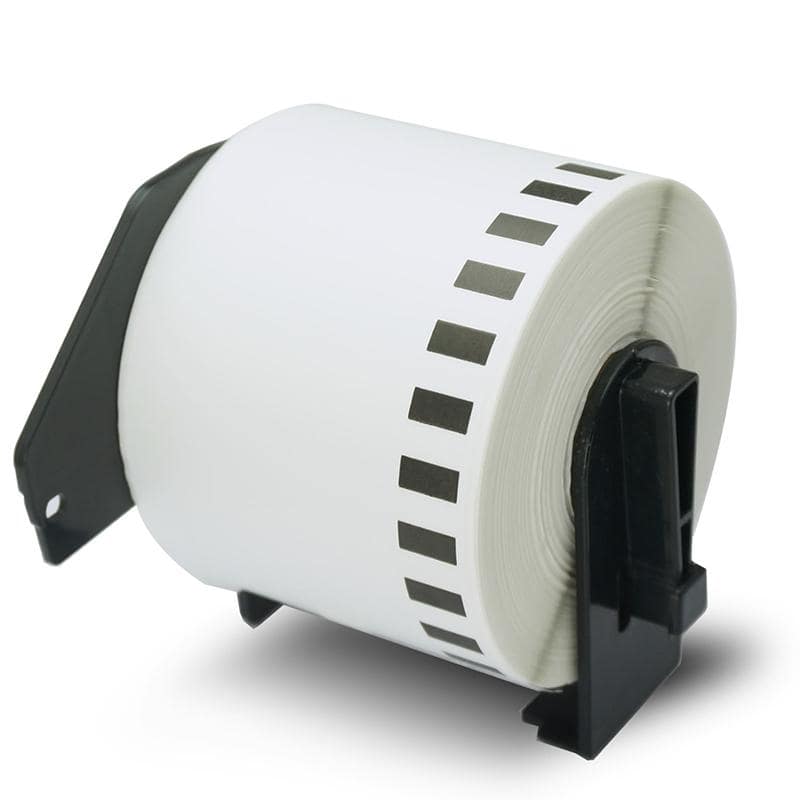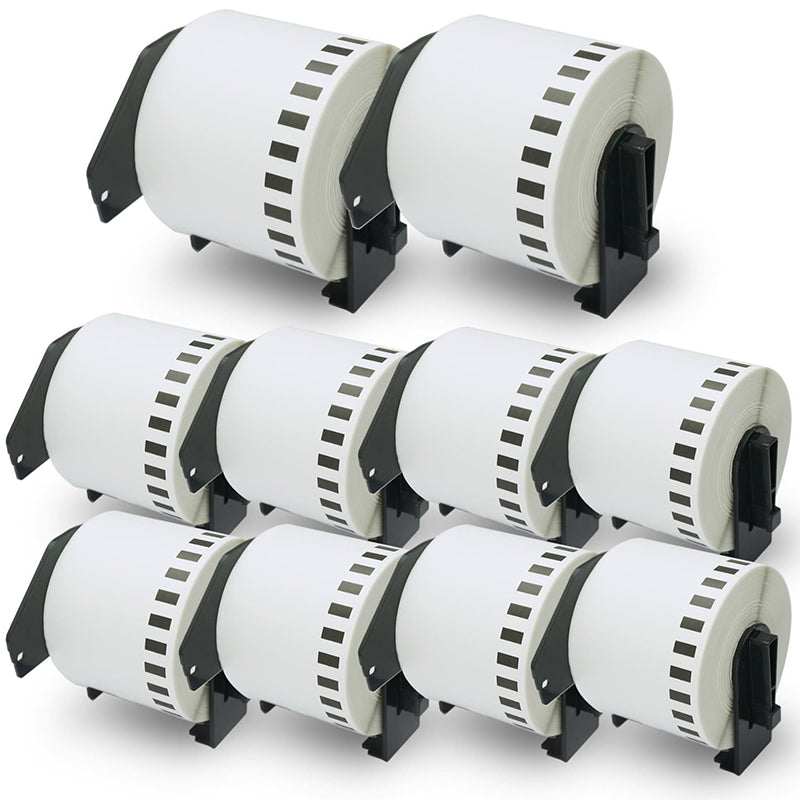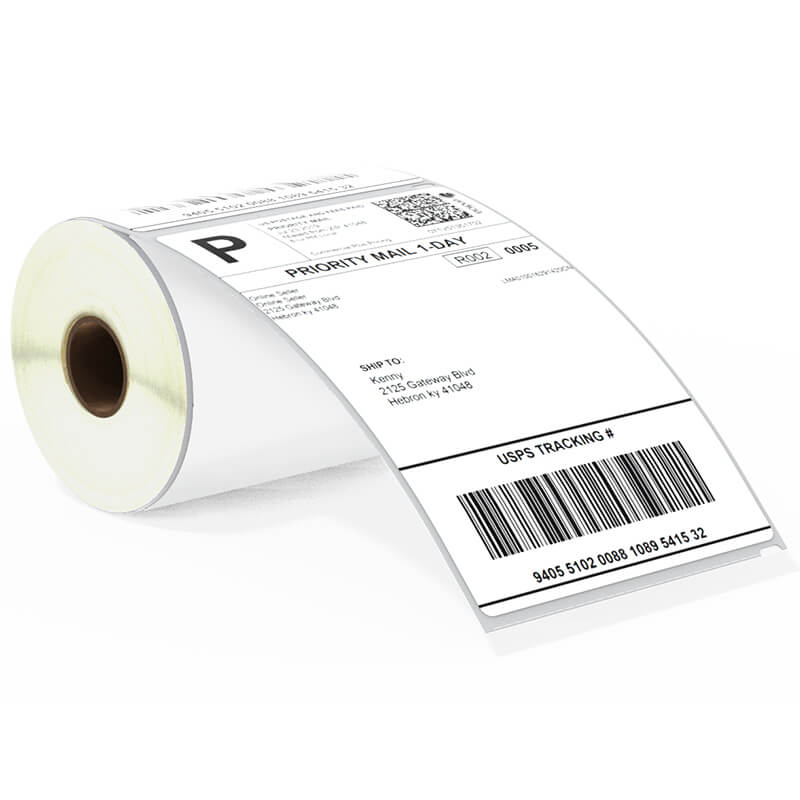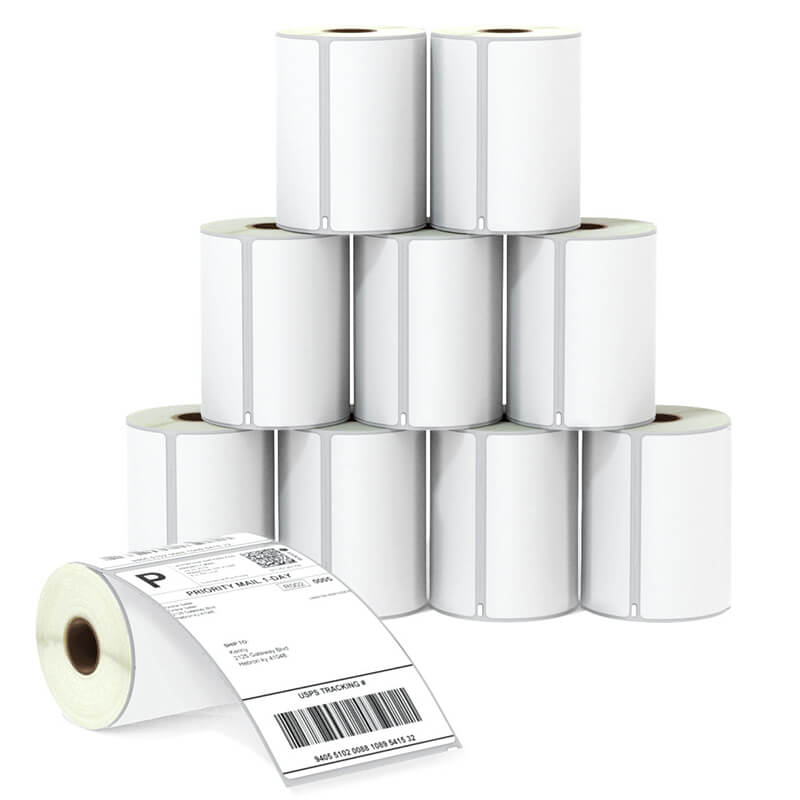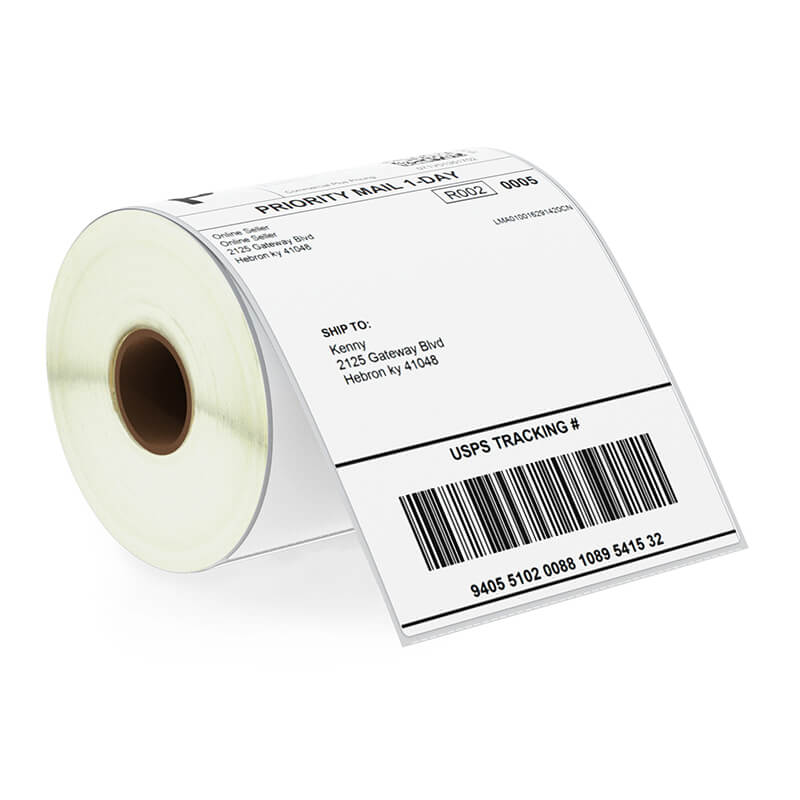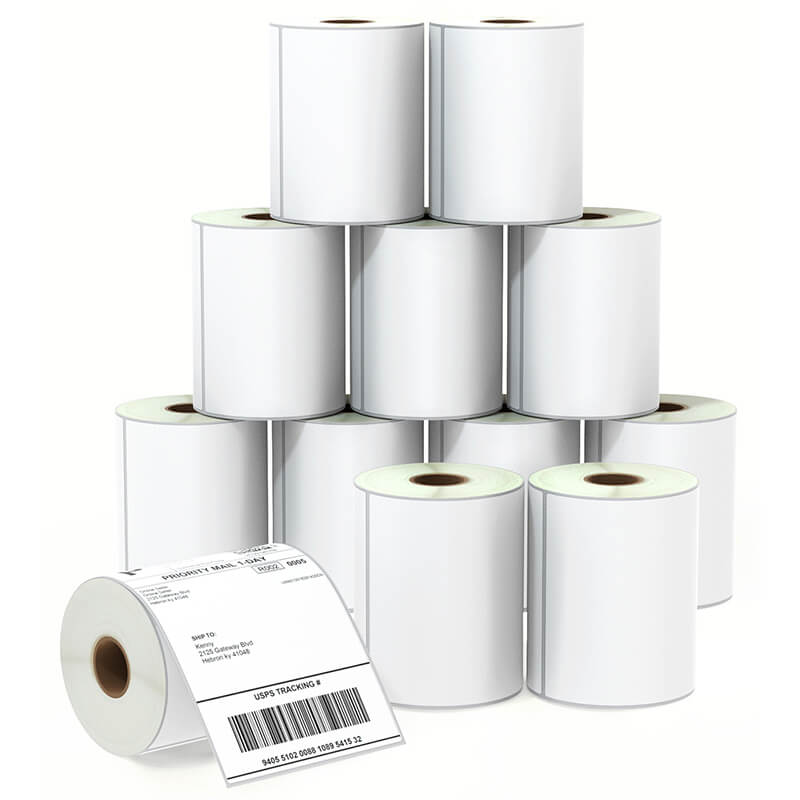As The Manufacturer, I Do Not Hate Middleman At All.
Introduction
I guess many of you have heard this: "Cut out the middlemen."
The retailer said, “A phone case sold for $10 in the USA but only costs $2 in China.” Those greedy middlemen take $8, resulting in a 400% profit rate.
Manufacturers said, “We earn $1 per piece, but those god-damn middlemen procure and sell to retail stores for $3 per piece. They make most of the money. That’s disgusting!
If it weren't for these middlemen making a profit at both ends, we sellers could have earned more, and buyers could have bought things more affordably.
But is that true?
As manufacturers, we need to work with middlemen frequently. Are these middlemen who get a profit margin really bad? If there are no middlemen taking money, is it really good for us?
Not necessarily. Let me tell you what’s going on.

The Middleman Covers The Complexity of Procurement for You.
It’s a regular Monday. Mike receives an email from his boss to find a good label supplier for their warehouse shipping team. Mike knows he has two options:
- Find by himself: Research on Google, check on Amazon, post on LinkedIn, and ask his social network.
- Find Middlemen: Ask an agency and tell them his requirements, then wait for their response.
Which one? Option 1, yes!
He can find all suppliers directly online, and the return on investment is much higher if cutting out the middlemen. However, he immediately realizes that suppliers in this category are so different. There are US suppliers with prices 10 times higher and Chinese suppliers with prices 10 times lower due to ocean shipping time. Is it really worth picking those expensive suppliers for labels that only need to be kept for 1 year? What is the product quality of those more affordable Chinese vendors? How can he know their business reputation when there are language barriers?
Then Mike has to check and ask for reviews until he finds all suppliers that look good. After that, he needs to ask about prices, inventory, customization capacity, and total lead time one by one.
It takes a week to determine that a supplier looks the best, but their salespeople said production capacity is at full load, so they cannot take that business. He finds out that some quotes from other suppliers are not valid due to increasing costs of raw materials, shipping charges, and exchange rates.
So, he needs to repeat the process above.
Luckily, everything runs smoothly when he works with the second supplier. Then he still needs to discuss customization requirements, samples, payment, and shipping.
After going through several rounds, Mike is tired as hell, but this is just one of his procurement tasks. Even with the internet gathering all the information today, considering collecting and analyzing that information to make it a trade, there is uncertainty at every step. And this is the complexity of procurement. This means Mike has to experience all those rounds again and again: collect, analyze, negotiate, confirm.
Well, as a newly graduated rookie, Mike still has the passion to get the job done. But the most dangerous thing happens to Mike, as a procurement associate. The supplier is not good. After 1 week of shipment, the labels he sourced fall off after 2 days. And they fall off when the package is in transit, so the barcode is unreadable and it returns to the warehouse. Customs complain, the warehouse and logistics team complain, and the boss gives him the "Stare of Death."

But what if Mike chose option 2, to "Ask middlemen"?
All he needs to do is send all requirements to several middlemen. "I don’t care if any single supplier is more affordable or another single supplier ships fast. I make the decision, but middlemen do all the other jobs." Mike only needs to make the choice of several different suppliers with all the details because the middlemen who have been in the label industry for many years must have many more suppliers than Mike. And Mike can repeat those easy processes for all his other procurement tasks. These middlemen know how to analyze and choose suppliers more than Mike, who is just new to this industry. That’s why those large-sized companies’ procurement teams still work with middlemen instead of working with manufacturers directly. Middlemen make money not just from the price difference; the main job is to help you cover the complexity of suppliers.
But what if the products I am going to procure are very simple and concentrated?
Good question. Then here is the second advantage of middlemen.

Lower Prices with Reduced Minimum Order Quantities.
If a product is simple, it means that anyone can produce it, so only a few large factories are able to compete and survive in this market. Take, for example, copy paper. When I helped my client source 20lbs copy paper, I discovered that there were only 30-plus verified factories on Alibaba.com, unlike some other industries that have 500+ suppliers. Many of these factories require a minimum order quantity of 1 container, and there is at least a 40% margin difference between small orders (1 container) and large orders (4 containers).
So, you face two main challenges when sourcing simple and concentrated products:
Minimum Order Quantity
Higher Prices for small quantity orders
What are you going to do? Order several times the planned inventory to meet the minimum order quantity requirement? Nobody wants to end up with overstock that may take up too much space, incur high warehouse storage fees, or negatively impact cash flow. Even if you reach the minimum order quantity, the price will still be higher compared to others.
So, you may consider finding a middleman like a distributor or trader who can combine many small orders like yours into a large order to negotiate with factories. The middleman takes a 30% margin from that 40%, leaving you with 10%. Not only do you avoid the need to order in large quantities, but you also get a 10% discount.
This is how a middleman helps your business even when your target procurement industries are simple and concentrated.
Conclusion
It is said that it's best to "cutting out the middlemen."
However, the 24-hour 7.11 near your home observes your needs every day, selects cost-effective products for you, and keeps stocking and organizing 24/7, so you can buy whenever you want, even at 3 a.m. So what is the value of middlemen?
They shield you from the complexity of dealing with hundreds of suppliers.
They help you meet the minimum order quantity requirement and provide discounts.
They guarantee the safety and quality of your procurement.
They reduce your cost and increase your efficiency.
What is reduced is your transaction cost, lowering your price and risk, and saving your time.
What is increased is your connection efficiency, making sellers, buyers, and everyone in the entire business circle worry less.
They help sellers and buyers reach an agreement. As a manufacturer, I don’t hate middlemen at all.


